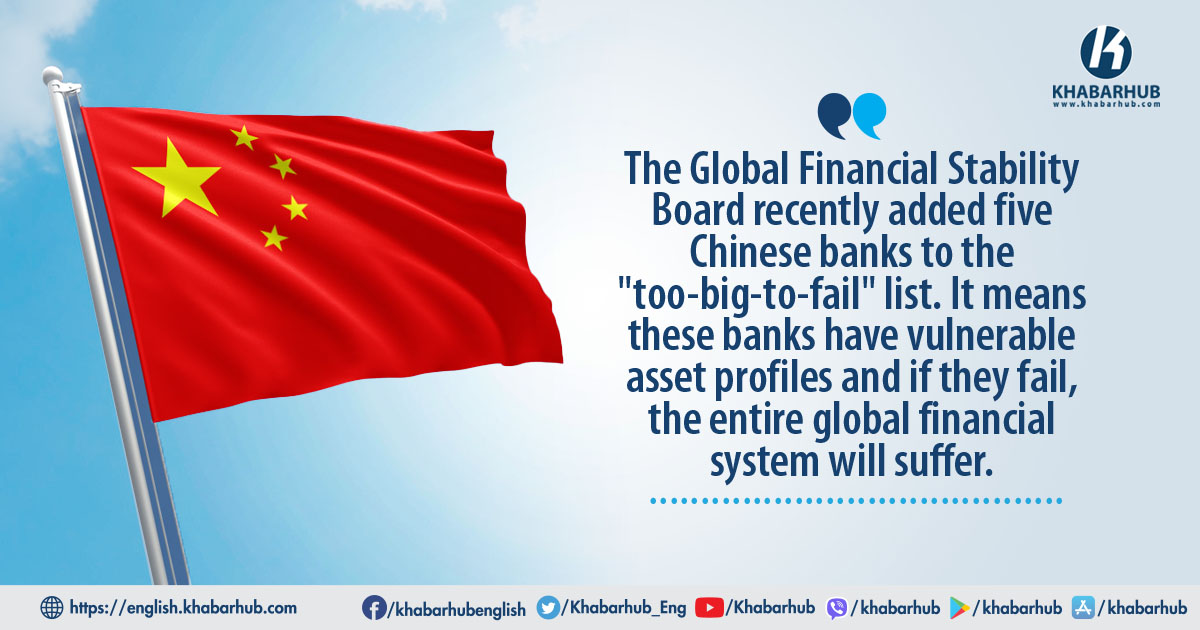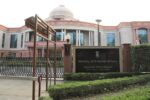Imagine a situation where the government is offering billions of dollars worth of loans at rock-bottom rates to encourage people to spend on goods and services but, the consumer sentiments are at a 30-year low.
For the last one-and-a-half years, the consumer price index has been ruling near zero or in the negative, indicating a lack of demand. Stock and property prices are crashing and; citizens are investing in gold as the safest option to park money.
Call it in whichever way you deem fit – stagnation, recession, deflation, liquidity trap, etc. China is witnessing them all.
At a time when global inflation is ruling high and central bankers across the emerging and developed world are following tight money policies, characterized by high lending rates; Beijing is doing the reverse.
The Chinese central bank, the People’s Bank of China (PBOC), is increasing money supply to entice people to splurge but, without much results.
Deflationary trends
Increasing the money supply to boost demand and beat recession is an old economic theory. And, as a rule, a high money supply should lead to inflation.
The US offered huge cash handouts to industries, to inject growth into the economy, during covid.
The handouts were linked to job creation. Employment increased. People got more wages.
Demand for consumer products increased but prices went up faster, thereby impacting the real earnings of people.
There is no way that manufacturing can replace the impact. This is partly due to pressure on the export front and mostly due to lack of domestic consumption.
After nearly two years of tight money policy, the inflation has lately cooled down in the US but, is still higher than the pre-covid levels of 2-3%.
China is suffering from a different syndrome. The Xi Jinping administration is flooding the market with easy finance but without the desired results.
In July alone, PBOC held special lending sessions twice with successive and drastic cuts in interest. The second session saw Beijing offering a $27.5 billion loan for one year at 2.3% as against the policy rate of 3.4%.
The money supply in the world’s second-largest economy is 247% of GDP, as against 78% in the US and 114% in the European Union.
Ideally, such a high degree of money supply should have sent inflation soaring in China. But the reverse happened. Inflation was a mere 0.2% in May.
Chinese citizens have lost faith on their economy. As the last and safest option, they are using available resources to buy gold, which is an idle asset. Demand for gold bars and coins has shot up by 46% during January-June 2024.
Property market shrinking
The special lending window is just a part of the billions and trillions of dollars that China is putting at stake to revive its faltering economy.
In February, Beijing asked Chinese banks to finance 5,349 high-risk home development projects, across 214 cities, ignoring a mammoth $13 trillion loan overhang on the real estate sector.
In May, the central bank offered $42 billion finance to banks for lending to state-owned enterprises (SOEs), who in turn would buy unsold apartments.
In a parallel move PBOC has cut the down-payment requirements for first time home buyers. That was over and above the reduction in interest rates.
But the collapse in the housing sector continues. All major indicators – like sales of floor space, new home construction starts, new home completion and, property investments – have been on a steady decline.
A July 2024 S&P report writes: “Property sales would fall by about 15% year over year in 2024 to a range of 9.5 trillion to 10 trillion yuan, down nearly half from the peak of 18 trillion yuan in 2021, according to a June 20 report by Ratings. This projected decline is greater than Ratings’ previous forecast of 5%.The support measures will not be enough to return the growth in home mortgages to a level above overall credit growth in the foreseeable future, Lin Jinlu, chief banking analyst at Beijing-based Dongxing Securities, wrote in a June 4 note.”
Major structural problems
Property sector contributes nearly a quarter of China’s GDP. A troubling property sector, therefore, should translate into subdued growth numbers.
Beijing is now managing the crisis by forcing the larger banks to acquire the troubled smaller banks. On the flipside, this is increasing the vulnerability of the larger banks, thereby increasing the risk profile of not only Chinese financial system but also the global system.
There is no way that manufacturing can replace the impact. This is partly due to pressure on the export front and mostly due to lack of domestic consumption.
And, that’s a serious concern. All the money pumped to create demand are not only getting wasted, but is causing more damage to the financial system which is already at serious risk.
Away from the public knowledge, Chinese banks are failing at a speed that the world has not seen before. “In the week ending June 24th, 2024, 40 Chinese banks vanished,” The Economist wrote. China’s smaller banks are struggling with bad loans and exposure to the ongoing property crisis.
According to one count, nearly 3,800 financial institutions, having 13% of China’s banking assets, are at risk of going down under pressure of bad loans.
Beijing is now managing the crisis by forcing the larger banks to acquire the troubled smaller banks. On the flipside, this is increasing the vulnerability of the larger banks, thereby increasing the risk profile of not only Chinese financial system but also the global system.
The global Financial Stability Board recently added five Chinese banks in “too-big-to-fail” list. It means these banks have vulnerable asset profiles and if they fail, the entire global financial system will suffer.









Comment